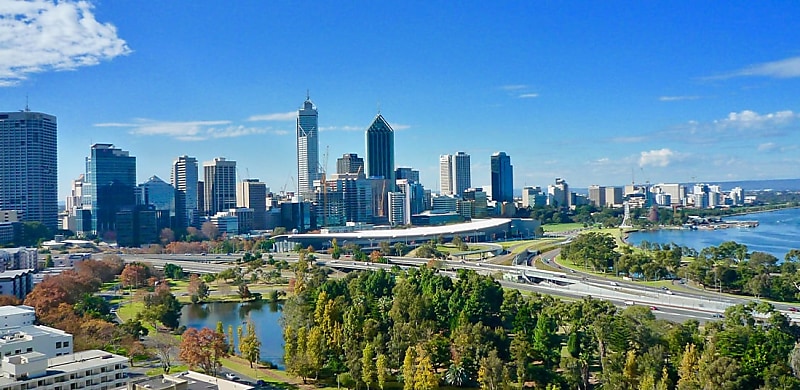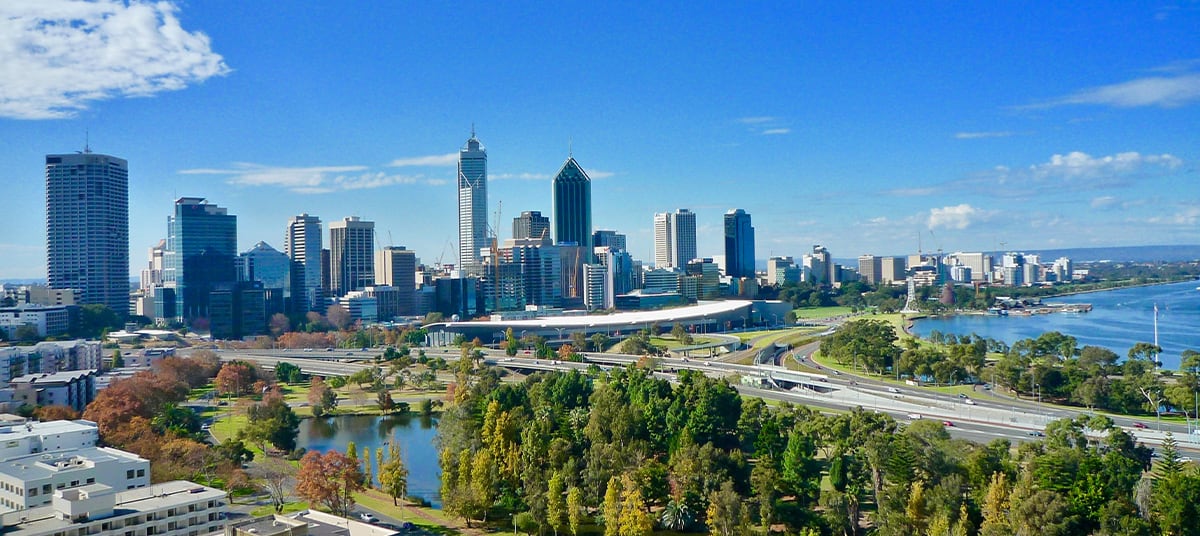
Nearly half of non-home owners in the western state have abandoned the dream of property ownership altogether, according to new research.
Western Australians are now the most reluctant in the nation to buy a home, according to the latest Consumer Pulse survey from Agile Market Intelligence (July-September 2025).
Analysis of the Consumer Pulse survey – a monthly tracker of over 1,500 Australian consumers developed by Agile Market Intelligence to monitor consumer sentiment, financial stress, and behavioural shifts across key household segments – has revealed that home ownership sentiment is dwindling in Western Australia.
According to the findings from the three months to September 2025, 1,361 respondents of the 3,276 Australian consumers surveyed had not yet bought a home.
Notably, 44 per cent of Western Australian non-home owners said they have no intention of ever buying a home – the highest proportion in the country and up 3 percentage points from the previous quarter.
This compares to the national average of 31 per cent and outpaces the next most pessimistic state, Queensland, where 37 per cent of consumers said they had not plan to buy a home.
Victoria was the least pessimistic when it came to home buying, with 22 per cent saying they never intended on purchasing a home.
Similarly, Victoria was the most optimistic when it came to buying a home soon, with the largest proportion of consumers ready to buy in the next 12 months. Around a fifth (19 per cent) of respondents from Victoria said they were planning to buy in the next year.
In the past three months, South Australians have shifted from saying “I do not plan to buy a home” to wanting to buy, but have yet to overcome the financial hurdle. More South Australian residents are seemingly moving from complete rejection of home ownership toward expressing desire, but acknowledging financial barriers. Even if immediate purchasing power remains limited, hope is created by economic improvements in the state.
Only NSW and Victoria recorded increases in the share of consumers who intend to purchase within the next 12 months (up 2 per cent and 5 per cent, respectively).
Agile Market Intelligence director Michael Johnson said Western Australia’s figures point to a worrying decline in confidence.
“WA’s concerning trend toward opting out entirely reflects the state’s current economic vulnerability,” he said.
“The three percentage point increase in just three months suggests decreasing confidence in the state’s housing market prospects.”
Nationally, the survey found that while only 15 per cent of non-home owners plan to buy in the next 12 months, more than half (55 per cent) still want to purchase, but said they are unable to because of financial barriers.
The main obstacle cited was general financial readiness (36 per cent), followed by high interest rates and property prices (19 per cent).
Younger Australians, however, are bucking the trend.
Buying intent among women aged 18–34 rose 5 per cent in the past quarter, while men in the same age group remain the most optimistic, with nearly a quarter (24 per cent) planning to purchase within the year.
Johnson noted that while affordability remains the biggest challenge, the demand for home ownership is far from disappearing.
“What we’re seeing is a market where aspiration exceeds ability,” he said.
“The 55 per cent who want to buy but can’t represent pent-up demand, which could translate into market growth if affordability improves...
"Affordability isn’t just about price. The cost of living, wage stagnation, and deposit hurdles all feed into whether someone believes buying a home is realistic in their state.”
Housing affordability for first home buyers sits at its lowest since at least 1995, as house prices continue to climb to record highs.
Despite the expansion of the Home Guarantee Scheme, expected to support first-time buyers and cut the time needed to save for a deposit, an increasing number are considering investment properties over owner-occupied homes, or ‘rentvesting’, as their entry point into the property market to overcome affordability challenges.
Soaring property prices are also pushing lenders to adapt. Last week, Great Southern Bank became the latest non-major to roll out a variable-rate mortgage with terms of up to 40 years.
[Related: First home buyer affordability woes worsening: Domain]

